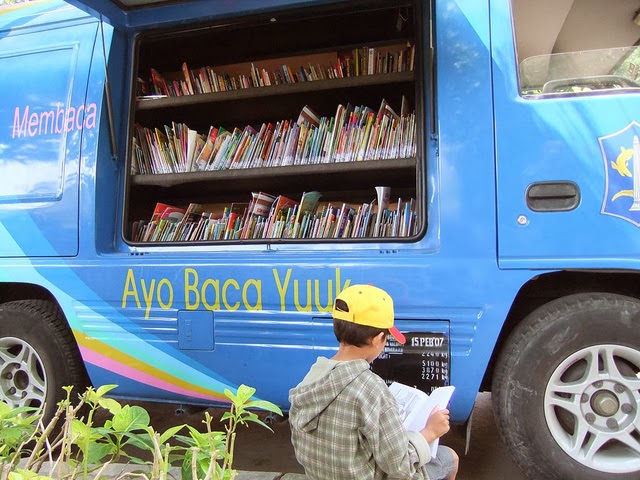Call for Papers: "Networks and Interactions"
A Leiden University graduate student conference jointly organized by the Leiden Institute for Area Studies (LIAS) and the Institute for Cultural Anthropology and Development Sociology (CA-DS)Leiden University, Leiden, the Netherlands
Conference dates: May 9-11, 2014
The Institute for Area Studies and the Institute for Cultural Anthropology and Development Sociology at Leiden University invite graduate students, post-doctoral fellows, and early-career researchers in the humanities and social sciences to submit individual abstracts and panel proposals for the
Networks and Interactions Graduate Student Conference.
Scholarship has recognized the importance of networks – social, structural, conceptual – in shaping individual lives and human societies at large. The theme of this year’s conference, Networks and Interactions, invites participants to consider interactions, interrelatedness, and interconnections across space, time, and concepts. How did Egyptian bishops in the seventh century CE organize their professional networks and interact with civil officials, monastic communities, and ‘the common people’? How do recycling requirements and communal garbage collection sites influence social relations in contemporary Japanese neighborhoods? How did interpersonal and cross-cultural connections shape trade routes along the Silk Road? Where does agency reside when literary texts connect and interact, and artistic images, and musics? Networks and Interactions will provide a platform for students and junior scholars to present and engage with emerging insights into the formative role of networks and connections in the human world. The conference welcomes those working from various theoretical and methodological orientations, including but not limited to actor-network theory, symbolic interactionism, and social network analysis, and is open to all regional specializations.
Topics of particular interest to the conference include, but are not
limited to:
- Inter- and intra-regional networks
- Human-material interactions
- Borders and boundaries
- Cross-temporal connections
- Cross-cultural connections
Networks and Interactions will provide participants with opportunities to present their work to peers and senior scholars (including experienced academics who will act as moderators), and will serve as a platform to connect researchers across a variety of disciplines. Papers will be pre-circulated to discussants, presentations will be 15-20 minutes in length, and there will be ample opportunity for discussion of individual presentations and panels alike.
Application Guidelines:
1. Applicants must be currently enrolled graduate students (at the master’s or doctoral level), post-doctoral fellows, or early-career researchers.
2. Papers must relate to the conference theme of ‘Networks and Interactions.’
3. Individual applicants must submit the attached application form toliascadsconference@gmail.com by February 10, 2014.
4. Panel proposals should be submitted using the attached form; applicants who would like to suggest a panel should include a brief description of the panel’s theme, as well as a list of 2-4 papers to be presented in the panel. Applications should be submitted toliascadsconference@gmail.com by February 10, 2014.
Successful applicants will be notified by February 21, 2014. Presenters will be required to submit a paper of maximally 8,000 words to liascadsconference@gmail.com by March 21, 2014.
Papers will be forwarded to their discussants only, and will not be
otherwise circulated.
For inquiries, please contact: liascadsconference@gmail.com.
You can also visit our webpage
http://www.hum.leiden.edu/lias

